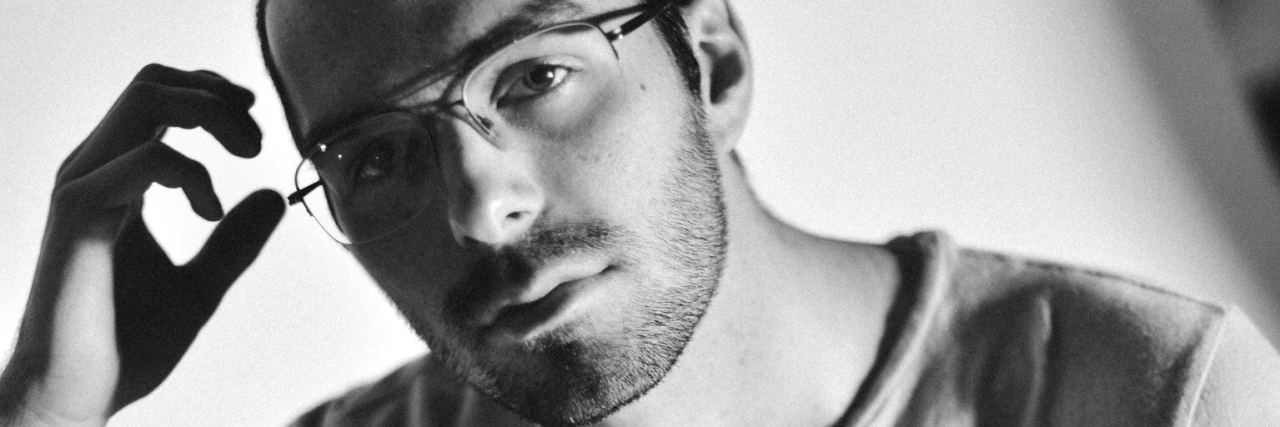Everyone seemed to know I was gay before I did. It’s not like I acted very straight. Stereotypes aren’t binding, but I fit them like a training manual. I denied it to myself of course. I didn’t want anyone to be able to say, “I told you so,” or “I knew it.” If I hadn’t cared so much, maybe I could have come out sooner but I did it on my own time.
I realized I was gay with my first kiss, just before my 20th birthday. It took my breath away as well as my sense of self. I was simultaneously more comfortable than ever before and also terrified. Everyone was right. Had I let myself down? Had I let anyone else down?
I had coincidentally started seeing a college therapist just a few months before. I knew something was wrong beyond my sexuality and identity. My fears of abandonment, my debilitating anxiety, my mood swings, my angry outbursts were no doubt exacerbated by this experience, but it was only a contributing factor, not a cause.
The college therapist shrugged her shoulders as if she had solved a the mystery, case closed. “You’re gay, that’s clearly what’s been troubling you. If you have any further problems let me know.” That was it. I was dismissed.
About a month later I had a mental breakdown and my first hospital visit, after my catastrophic “first time,” and after my first heartbreak. I felt abandoned. This wasn’t unique to me being gay; something much deeper was wrong. The hospital paired me with a gay therapist. “Great, another dismissal,” I told myself. But it wasn’t. This therapist understood that I wasn’t just gay and stressed. He understood that my coming out was only a piece of the puzzle. I trusted him. Then he left for another clinic. It felt like another person had abandoned me.
Coming out to my family and friends was easy, and I felt guilty knowing so many LGBTQ kids and adults lose everything for being true and honest. I found my solace in my musical pop queens: Taylor Swift, Ariana Grande, Beyonce. These stars could love me, but felt like I couldn’t trust those people closest to me. I had lost so many friends in college because of my mood swings and depression. My boyfriends left me after my emotional manipulation. I couldn’t trust myself.
A few years later I was diagnosed with borderline personality disorder (BPD). All of a sudden my disastrous and painful failed relationships had context. “You’re crazy,” they’d all said. Women are much more likely to have BPD. Could being gay have a correlation? (I don’t think so.)
I still have borderline, I’m still gay, and I’ve learned to love myself for it. I’m not afraid to speak openly and frankly about my mental illness. My worst qualities are also my best. I love so deeply, I create and write from my sadness, and my darkest moments also show me just how bright my life is. I’m also not afraid of being gay. I can sing and dance confidently with Taylor Swift (literally) and Ariana Grande (one day). This month I will celebrate who I am and what my community is.
Don’t be afraid. People will love you, and you can love yourself too.
Unsplash photo via Parker Whitson

